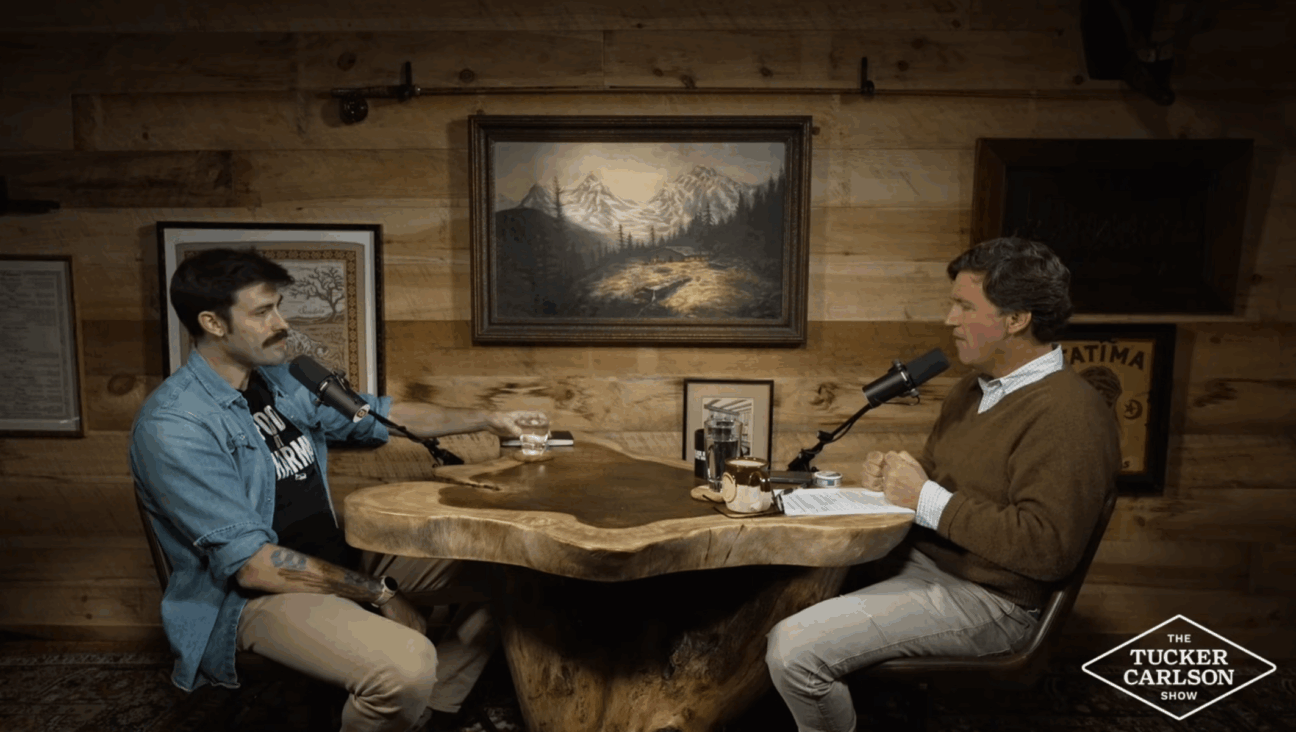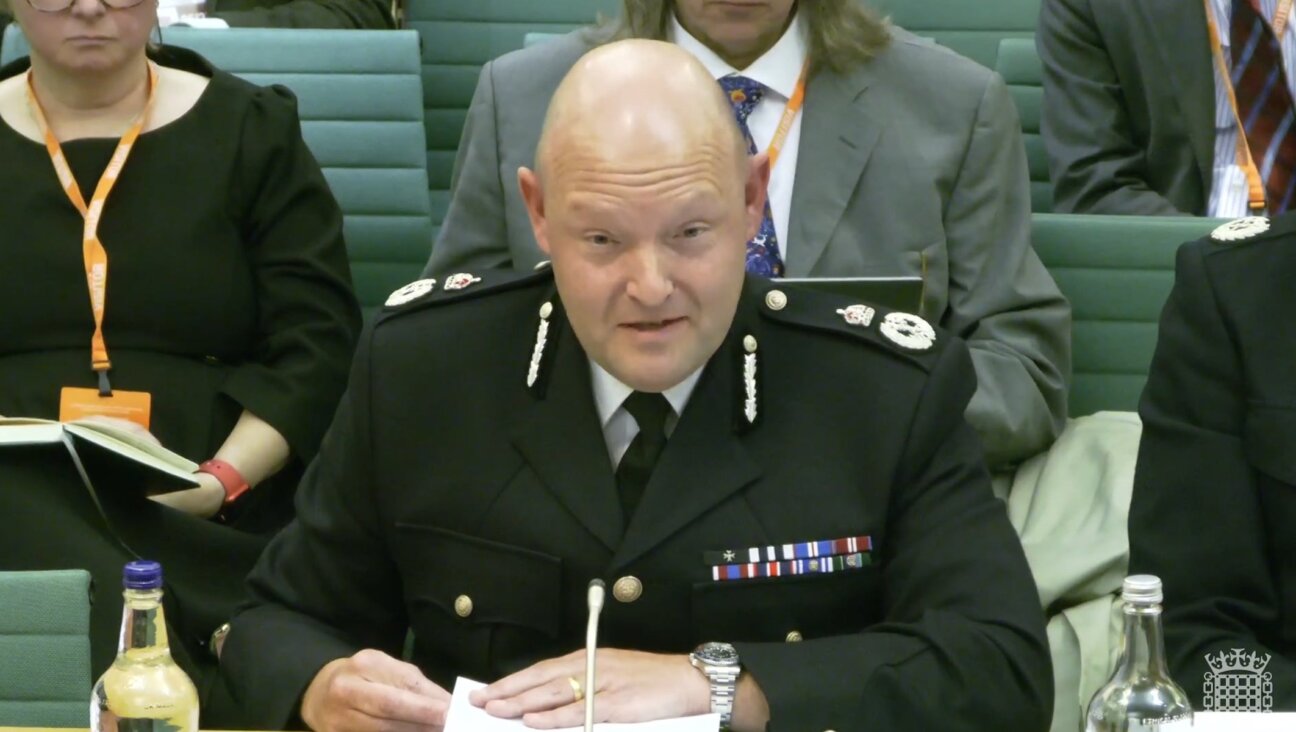Building Gardens, Growing Communities

Graphic by Angelie Zaslavsky
“Elizabeth, why does God make weeds?”
“Well, that’s a really good question. What do all of you think?”
“I think it’s so that the bugs have food to eat.”
“It’s because weeds protect the dirt from getting too dry.”
“Well, weeds are also plants and they deserve to grow too.”
“We have weeds because it teaches us to take care of the garden. If we have too many weeds in the garden, our plants won’t grow.”
This memory is just one example of the engaging conversations I had with campers last summer during the ten weeks I spent as the Amir Farmer at URJ Camp Kalsman in Arlington, WA. The Amir Project hires college-age students to build gardens and run educational programming related to environmental and social justice issues at summer camps in the U.S., Canada, and Israel. Amir also facilitates relationships between camps and local food banks where the produce can be donated, since camp ends before the harvest is complete for the season.
When I arrived at Kalsman in June of 2012, I discovered three large tilled garden plots, and imagined endless possibilities for helping kids understand environmentalism and food justice through a Jewish lens. Over the course of the summer, we treated the garden as a holy space and explored how it differed from other places in which campers find themselves in their daily lives. We talked about repurposing material from the farm as fertilizer in the garden, making the connection to our obligation as Jews to waste less and protect the resources we have. We planted a specific section of the garden to represent 10% of the total growing space, which references the ancient Jewish agricultural law of Pe’ah.
While we talked a lot about the design of the garden, linked gardening to environmentalism and Jewish law, and looked at gardening as a beneficial process, the campers connected most to the outcome of the garden: the food. We made kale chips, used garden lettuce with edible flowers for salad in the dining hall, and fried squash flowers. I wanted the campers to feel empowered by eating food that they had grown themselves. We talked about the local food pantry where the majority of the food was to be donated after camp ended. We discussed what it meant to grow food for people we’ve never met, Jewish and non-Jewish, who might not have access to fresh produce otherwise. These conversations emphasized the fact that we as Jews have the obligation to help other people in need. In the end, the Kalsman garden donated over 700 pounds of produce to a food pantry in the area.
It was incredible to see how naturally the campers and the staff connected to the garden as a space and the food we grew in it. Each time the kitchen staff served lettuce from the garden, campers and counselors ran up to me with infectious excitement. Over the course of the summer, more and more of the Kalsman community spent time near the garden simply because they appreciated it. The campers who were directly involved in the garden programs were always sharing their new knowledge with their friends, whether it was how to eat borage flowers, why the garden beds are raised off the ground, or where the secret stash of honeysuckle was located. It was amazing to watch them learn from each other. I believe that if we teach kids to care about where their food comes from and how to share it with other people, we are making huge strides toward a healthy and just food system.
I am so grateful to have spent my summer gardening at URJ Camp Kalsman. I will be returning this summer to continue growing food, teaching kids, and learning more and more about how to make the world a better place.
To learn more about Amir, please visit www.amirproject.org. The Amir Farming Fellowship is accepting applicants! The application is available on Amir’s website, please contact Alex Goldfarb with any questions: [email protected]
Elizabeth Langevin is a first year graduate student in a dual masters degree program at Tufts University’s Friedman School of Nutrition Science and Policy. She studies Nutrition and Public Health, focusing on Agriculture, Food, and the Environment. She believes that every kid should have the opportunity to connect to what they eat, learn where it comes from, and understand how to share with others.
















